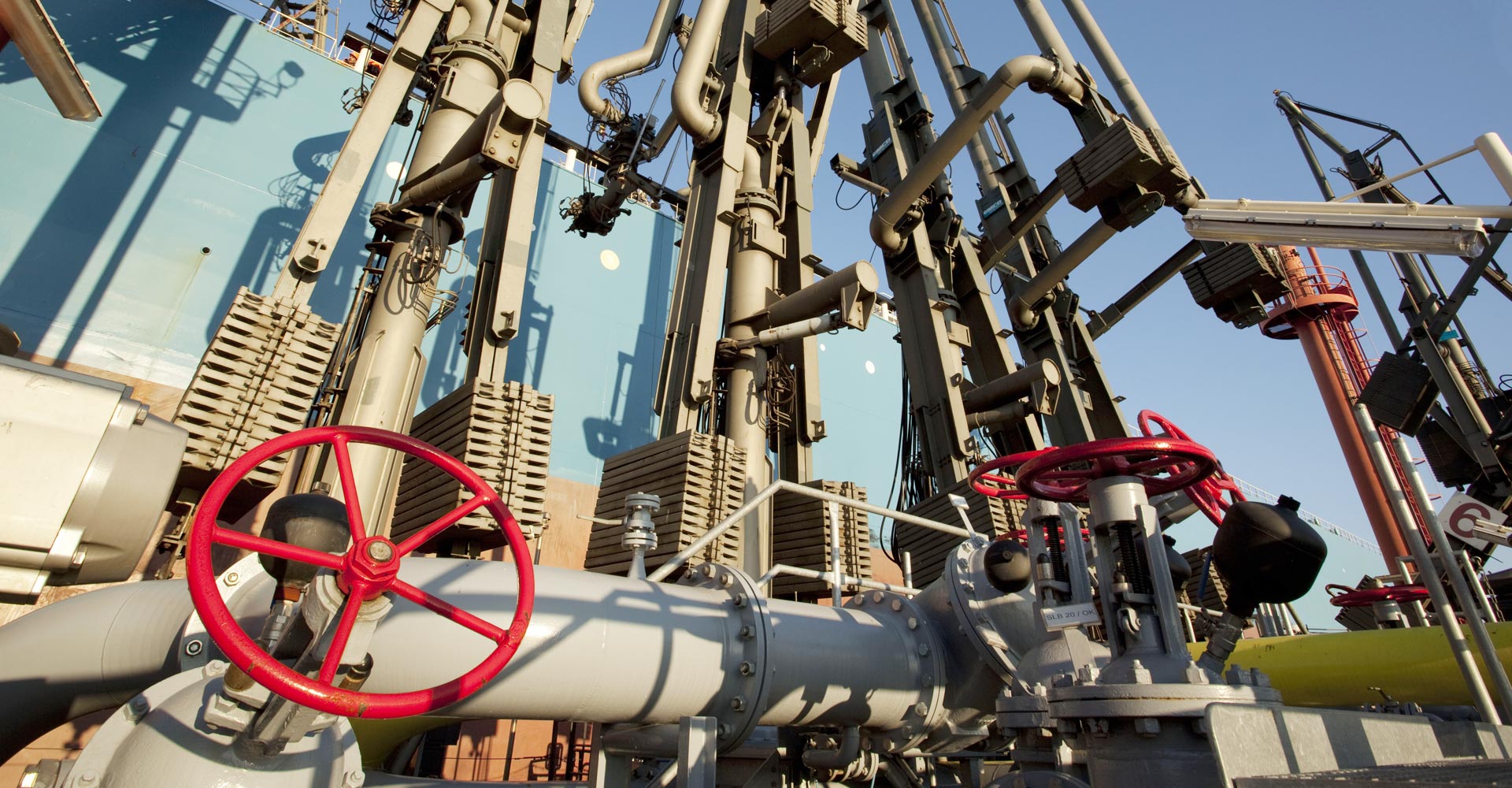Gasoline (Petrol)
Gasolines are all fuels that are used to generate motion for gasoline engines, which are used as automotive or aviation fuel.
In accordance with DIN EN 228, gasoline mainly consists of various hydrocarbons obtained by distilling crude oil. The fraction of the crude oil with a boiling range between 35°C and 210°C is referred to as naphtha. So gasoline is refined naphtha. Blending configures the naphtha to the necessary parameters for the respective fuel standards. In addition to special additives, ethanol/bioethanol is also added. Gasoline is marketed as E5 and E10, with the numbers indicating the respective percentage of ethanol; most of today's vehicles can use these fuels without problems.
Gasoline is a collective term for:
- Motor gasoline for vehicles with gasoline engines
- Aviation fuel for aircraft with piston engines (avgas = aviation gasoline)
The most important criteria for gasolines are their knock resistance and, related to this, the octane number (the research octane number RON is specified on the pump in Germany); a high energy content; being highly gasifiable; and minimal residue formation in the fuel system and engine.
In Germany the European standard DIN EN 228 regulates the quality of unleaded* gasoline, which is compulsory under the 10th BImSchV (Federal Emissions Protection Act). Regular gasolines supplied at filling stations are Super 95 RON, Super E10 95 RON and 98 RON Super Plus.
The development and use of gasoline began in the late 19th century: its earliest use in vehicles was as light gasoline. Gasoline was first used as a fuel in the early 20th century and increasingly after World War I – both as motor gasoline and as aviation gasoline. In the 1930s and 1940s, various admixtures were added to gasoline to increase its knock resistance, such as agricultural alcohol or benzene. After World War II, leaded and super gasolines were the most popular at the pump. No leaded gasoline has been produced or sold in Germany since 1996. In the EU the sale of leaded gasoline for motor vehicles has been prohibited since 2000. Aviation gasoline is exempt from this ban.
Additives are added to gasoline in order to achieve desired properties or improve or suppress undesirable properties, especially in connection with increasing environmental requirements for fuel grades. Examples of additives in gasoline are detergents that keep the engine intake system clean and remove existing deposits.
Since the start of the 21st century, alternative fuels have been competing with improved grades of conventional petroleum-based fuels in the marketplace with regard to environmental compatibility, economic efficiency and social acceptance. Automotive fuels that are currently a workable alternative are: liquefied petroleum gas (LPG), natural gas (compressed natural gas – CNG; liquefied natural gas – LNG), bioethanol, and racing fuels.
Oiltanking and its tank terminals provide comprehensive logistics solutions for the storage and handling of petroleum products, chemicals, gases and other products.
*Gasoline bears the label "unleaded" if no lead-containing anti-knock agents were added to increase the octane number.
Status: December 2015
All information subject to change. Errors and omissions excepted.

